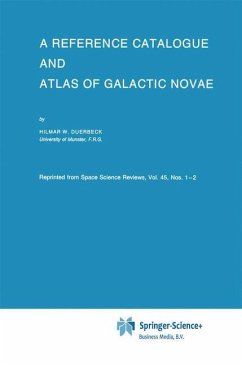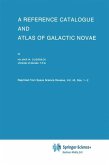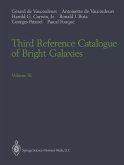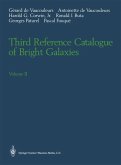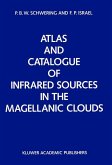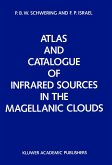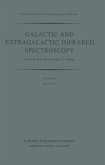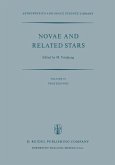4. Census of the Catalogue The catalogue contains information on 277 objects. 137 (50%) of them are stars whose outburst spectra or unambiguous mInImUm characteristics classify them as novae beyond doubt. 123 of them could be identified at minimum. 78 (28 %) are stars with amplitudes and light curve forms which makes nova classifi cation likely. 60 of them could be identified at minimum. Thus, 78 % ofthe objects in this catalogue are confirmed and suspected classical novae. 16 (6%) have properties compatible with both novae and related objects. 15 are identified at minimum. Furthermore, the catalogue and atlas contains data on 12 (4 %) dwarf novae of long cycle length or suspected dwarf novae for which only one outburst has been observed. Examples are WZ Sge and CI Gern. 6 (2%) recurrent novae or suspected recurrent novae are listed. Examples are T CrB and AS Psc. 6 (2%) X-ray novae are listed. Examples are V616 Mon and KY TrA. 6 (2%) symbiotic stars and symbiotic novae are listed. Examples are RT Ser and V352 Aql. 11 (4 %) Mira stars or suspected Mira stars, which at some time were believed to be novae, are listed. Examples are V607 Aql and V927 Sgr.
`All serious observers of novae and related objects will want this book. I certainly could not live without it.' Journal of the British Astronomical Association
`All serious observers of novae and related objects will want this book. I certainly could not live without it.' Journal of the British Astronomical Association

